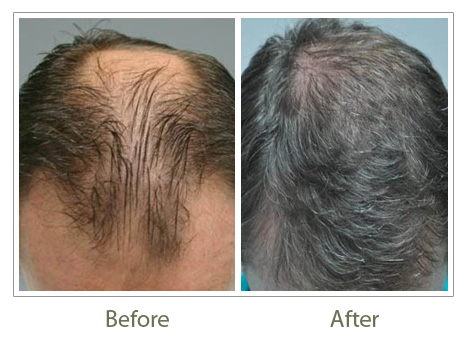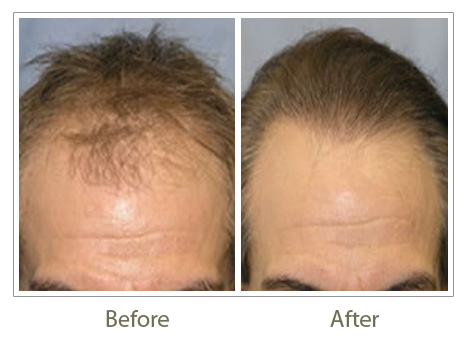FUT Hair Transplant
In this method a strip is removed from the back of head, better known as donor’s site. A strip of specific measure as per the requirement is cut from the donor’s site. The strip is then painstakingly analyzed under magnifying instrument and every hair root is divided. The contributor territory is sewed utilizing 'Trichophytic Closure Technique’, which leaves a scarcely obvious scar. The hair is then transplanted on to the uncovered region where they develop characteristically. The greatest point of interest of this strategy is higher joining yield for every session.
This method was traditionally used for large areas to cover but with the advancement in technology, FUE hair transplant method is now more successful in comparison to FUT method.
Advantages
- A large number of grafts can be harvested in one go. Nearly 2,500 to 3,000 grafts can be taken out. Since each graft has anywhere between 1 and 4 follicles, this means nearly 6,000 to 6,500 follicles can be taken out in one session.
- No need for shaving the hair.
- Early return to work.
- Minimum wastage rates, of 0 to 1%
- Larger follicle to graft ratio as compared to FUE.
- Much faster process, leading to good patient satisfaction.

Disadvantages
- Need for an incision at the back with fine layer of sutures.






